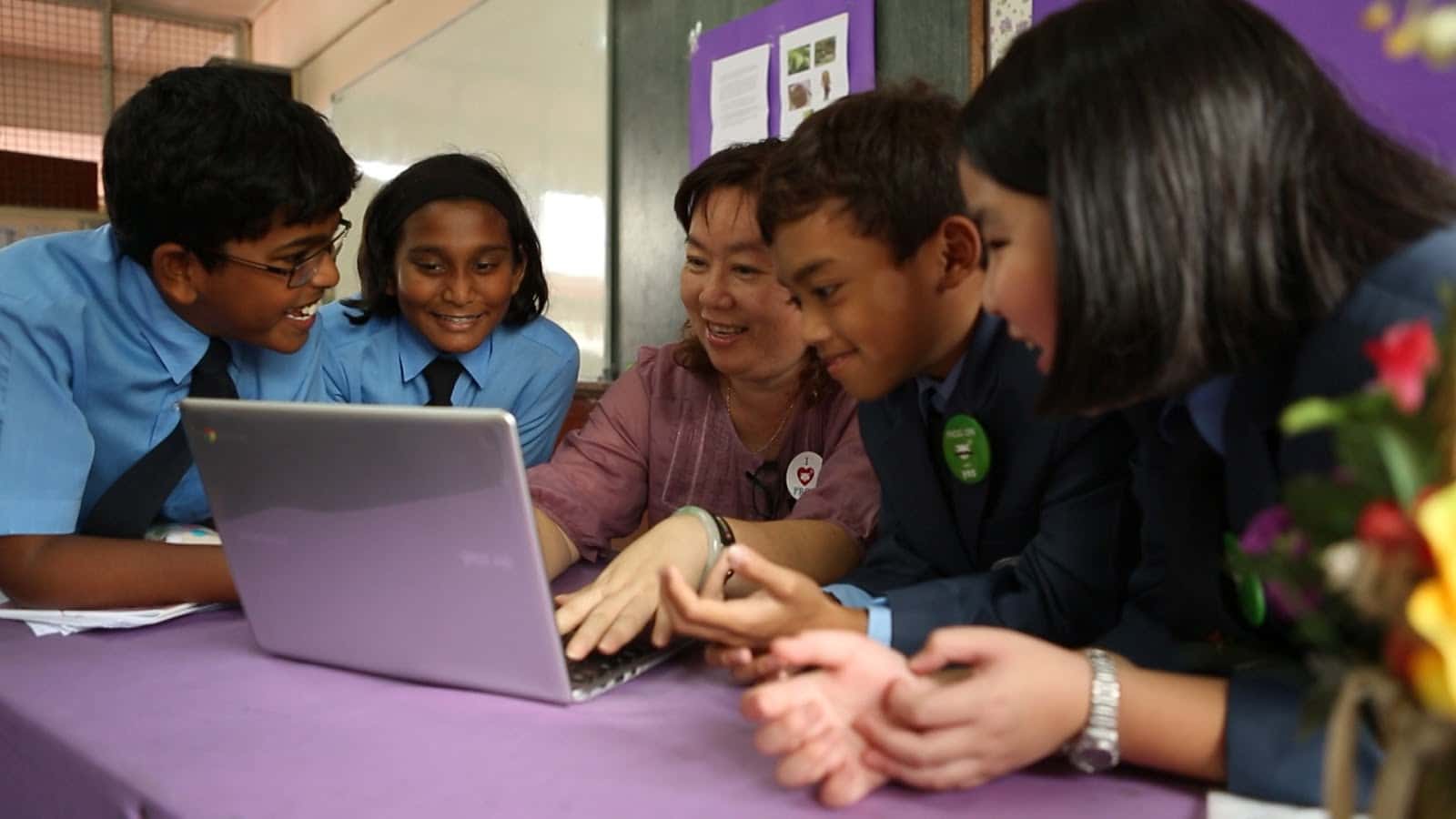The process of teaching is complicated and difficult. Teachers must manage various roles, functions, and goals at the same time and in a flexible manner. It is also a process that is continually changing. An instructor must reflect and make adjustments, which necessitates a great deal of flexibility. For teaching to be effective, the method must be refined through self-reflection and feedback. However, teaching does not rely exclusively on this aspect; the other side of the coin is the pupil.
Many factors influence a student’s ability to learn and how much he can learn. Tests and exams can assess students’ sociocultural background, socioeconomic reality, prior knowledge-know how, emotional well-being, physical health, perseverance-grit-resilience, resource availability, prior experiences, and so on. Nonetheless, a variety of factors influence student success.
Although student success is the primary purpose of education, test scores cannot be used to measure success solely. So, how do you gauge a student’s success? What factors influence how pupils’ success is measured? And even if you devise many algorithms to calculate success, how certain can you be? When you start deconstructing this assessment of assessing excellent teaching, it becomes far more overwhelming and convoluted.
When it is argued that assessing teaching performance is difficult, it is not referring to testable hypotheses, but rather to what assessment genuinely counts! So, initially, there must be a widely accepted metric of student achievement before we can decide on an effective assessment process. However, you cannot do a quantitative study with isolated variables in this scenario because that is not how it works in real life and will not produce a meaningful result.
Test scores and grades are one thing, but when it comes to judging success as an educator and teacher, you must look far beyond. Unfortunately, there isn’t enough pedagogical research to definitively answer the conundrum of how to quantify teaching performance.
However, it can be deduced that it is a complex process loaded with many characteristics that are not the same for every pupil. As a result, each student’s outcome is unique and cannot be generalized!








